One of the notable contents is the proposals for financial support.
Specifically, household solar power systems are supported with investment capital with a maximum rate of VND 500,000 for 1 kWp of total rated capacity of photovoltaic panels installed in the system (PV panels), but not exceeding VND 2,500,000 for a household, applicable until January 1, 2031.
Along with that, household solar power systems are supported with commercial loan interest rates for investment as follows:
The short-term lending interest rate in Vietnamese Dong is applied according to the provisions of Clause 2, Article 13 of Circular No. 39/2016/TT-NHNN dated December 30, 2016 of the State Bank of Vietnam regulating lending activities of credit institutions and foreign bank branches to customers.
The maximum interest support period is 3 years from the date of loan disbursement according to the credit contract with the commercial bank.

Households are supported with money to invest in rooftop solar power and preferential interest rates when borrowing from banks. (Photo: EVN)
The maximum interest-supported loan limit is 7 million VND for 1 kWp of total rated capacity of PV panels installed in the system, but not exceeding 35 million VND.
The draft clearly states that the source of financial support is balanced within the local budget's development investment expenditure; every year, the Provincial People's Committee submits to the Provincial People's Council for consideration and decision on the specific level of financial support, ensuring that it is consistent with the provincial budget and the capital needs for investment in developing household solar power systems in the area.
In addition to finance, the household solar power system is also supported technically during the investment, installation and operation process when requested by the homeowner. Specifically as follows:
The local power unit shall provide guidance on technical requirements according to the law on electricity such as: connection, control, monitoring, protection; and installation instructions to ensure electrical safety. The local power unit shall be responsible for providing guidance within 5 working days from the date of receipt of the request from the householder.
In case the Householder has a need to sell the surplus electricity output of the household solar power system to the grid, the local power unit is responsible for: Coordinating the installation or replacement of a two-way electricity metering system suitable for the connection capacity of the household solar power system to the grid; Guiding the procedures and related regulations to sign a contract to buy and sell surplus electricity output with the Householder.
The People's Committee at the commune level guides the design, solutions to ensure the safety of construction loads and fire prevention and fighting solutions in accordance with relevant legal regulations and suitable to the housing conditions of households.
Conditions for financial support
The draft states: Household solar power systems are financially supported when meeting the following conditions:
There is an application for financial support sent to the People's Committee of the commune where the household installs the household solar power system.
Completed all procedures for development, investment, installation, connection, acceptance and commissioning of household solar power systems in accordance with relevant regulations in Chapter III of Decree No. 58/2025/ND-CP dated March 3, 2025 of the Government .
Household owners who need to borrow investment capital with commercial loan interest rate support must meet the requirements and carry out loan procedures according to the provisions of law and relevant credit institutions.
The householder commits and is legally responsible for the accuracy of the support request documents; invests, installs and uses equipment, materials, wires and accessories of clear origin, ensuring compliance with current standards, technical regulations and regulations of competent state management agencies.
Correctly and fully comply with legal regulations on fire prevention, fighting, electrical safety, environmental protection and related regulations during the operation of self-produced, self-consumed rooftop solar power sources and electricity storage systems.
According to the Ministry of Industry and Trade , the advantages of self-produced and self-consumed rooftop solar power: Does not use land area; only connects to the existing distribution grid system (mainly low-voltage grid) of the electricity industry, so there is no need to invest in building additional grids from 110 kV or higher; ensures energy security, protects the environment and does not affect local land use planning.
In addition, rooftop solar power helps save electricity costs for households by not using grid electricity, or reducing electricity costs according to the ladder price of household electricity; low operating and maintenance costs; investment rates for solar power have decreased by an average of over 10%/year in recent years; reducing carbon emissions causing the global greenhouse effect.
Disadvantages of self-produced and self-consumed rooftop solar power: Depends on roof area, weather, low stability of power supply (especially when not combined with power storage system); Initial investment cost is relatively high if installing additional power storage system (risk of fire and explosion for power storage system if using equipment that does not ensure quality according to standards).
Source: https://vtcnews.vn/lap-dien-mat-troi-mai-nha-ho-gia-dinh-duoc-ho-tro-tien-lai-suat-vay-ngan-hang-ar955197.html


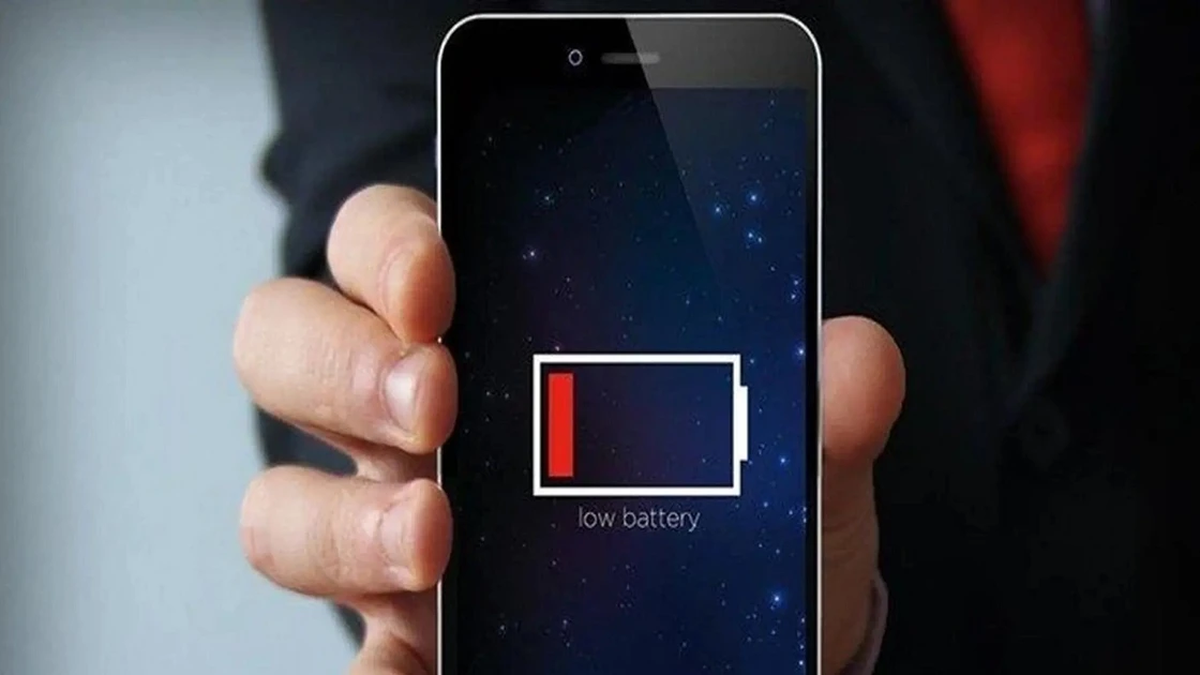
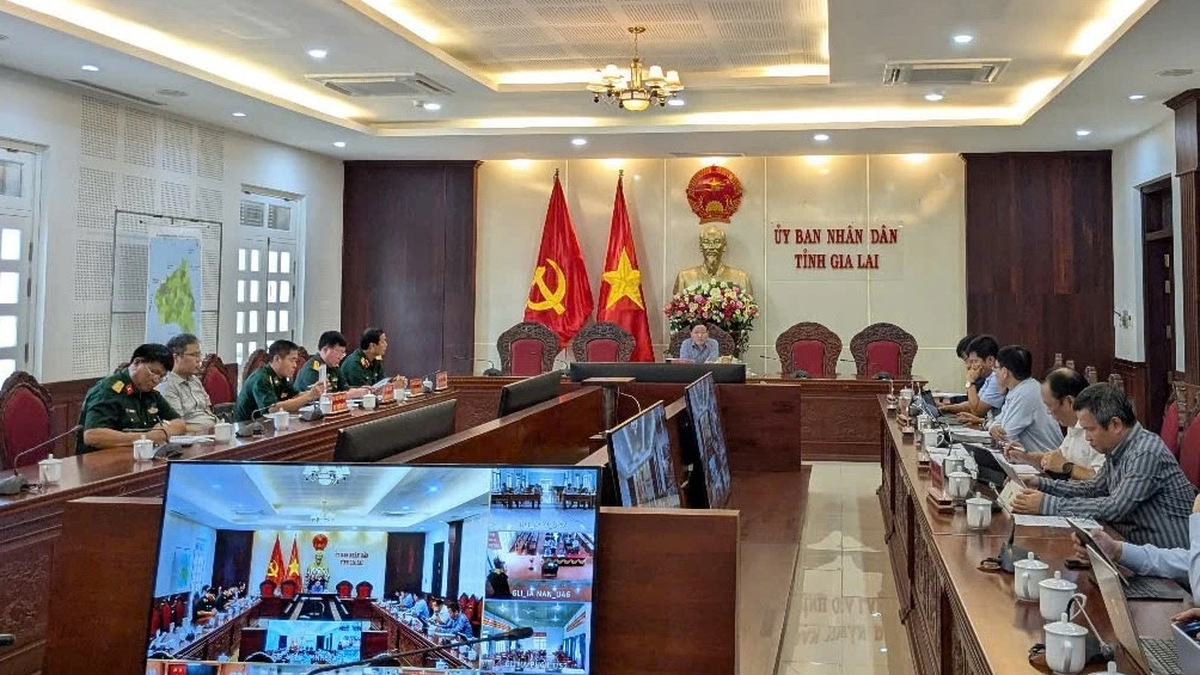
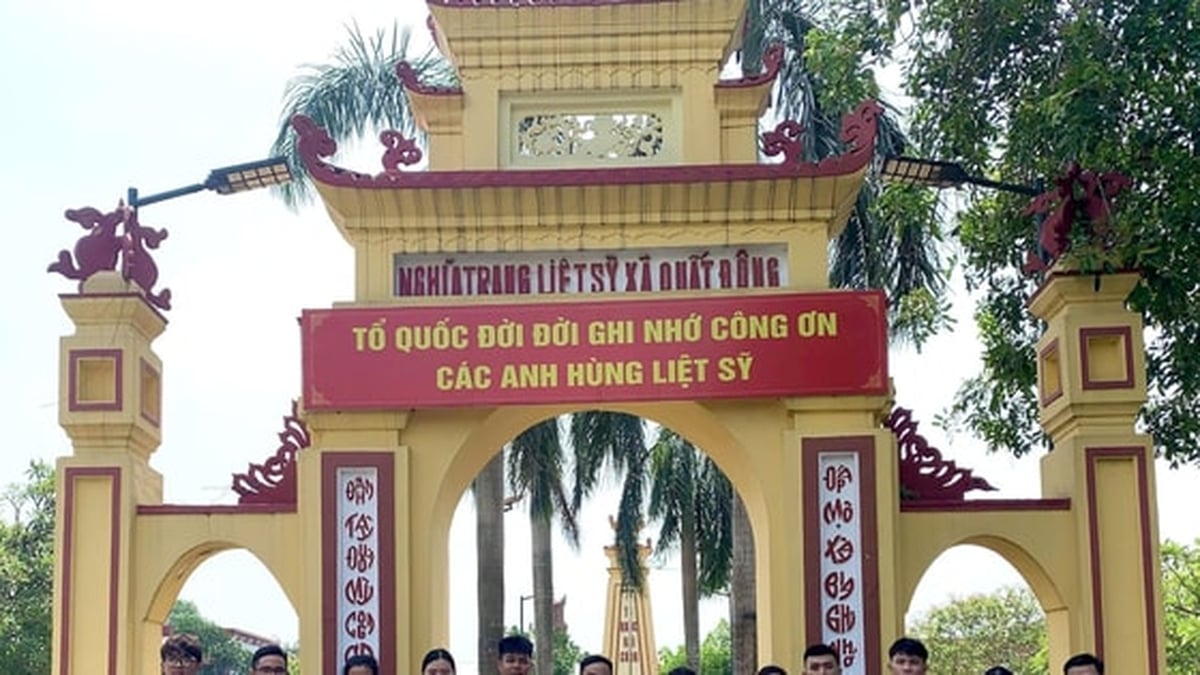
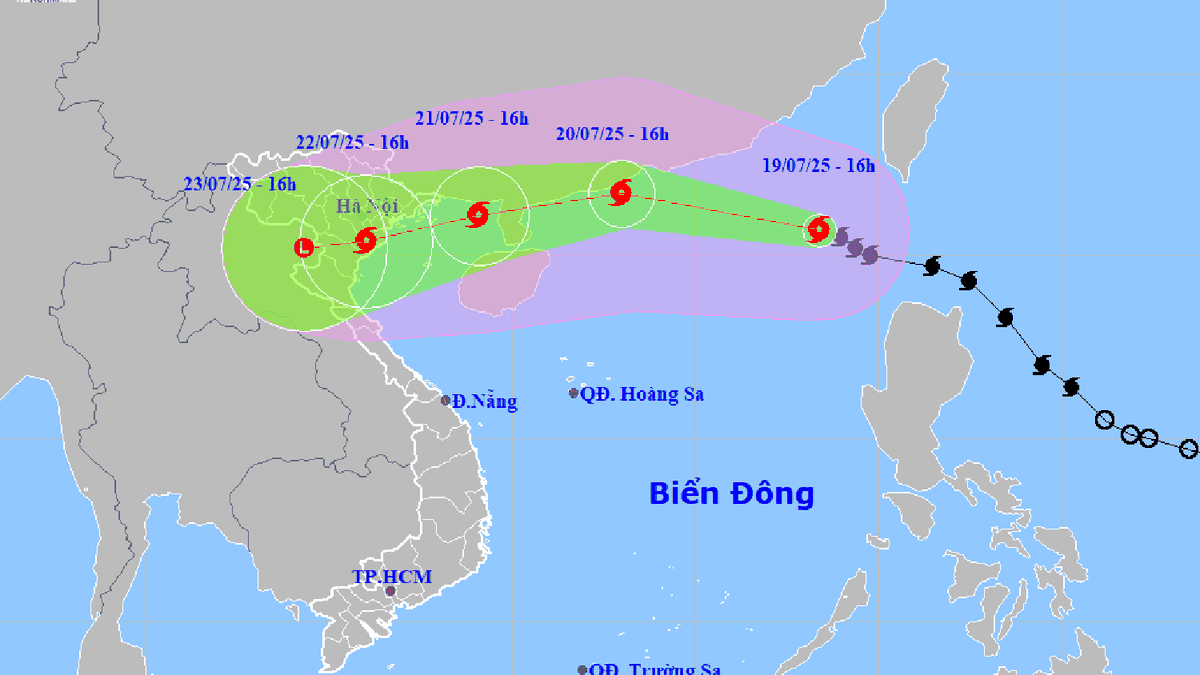
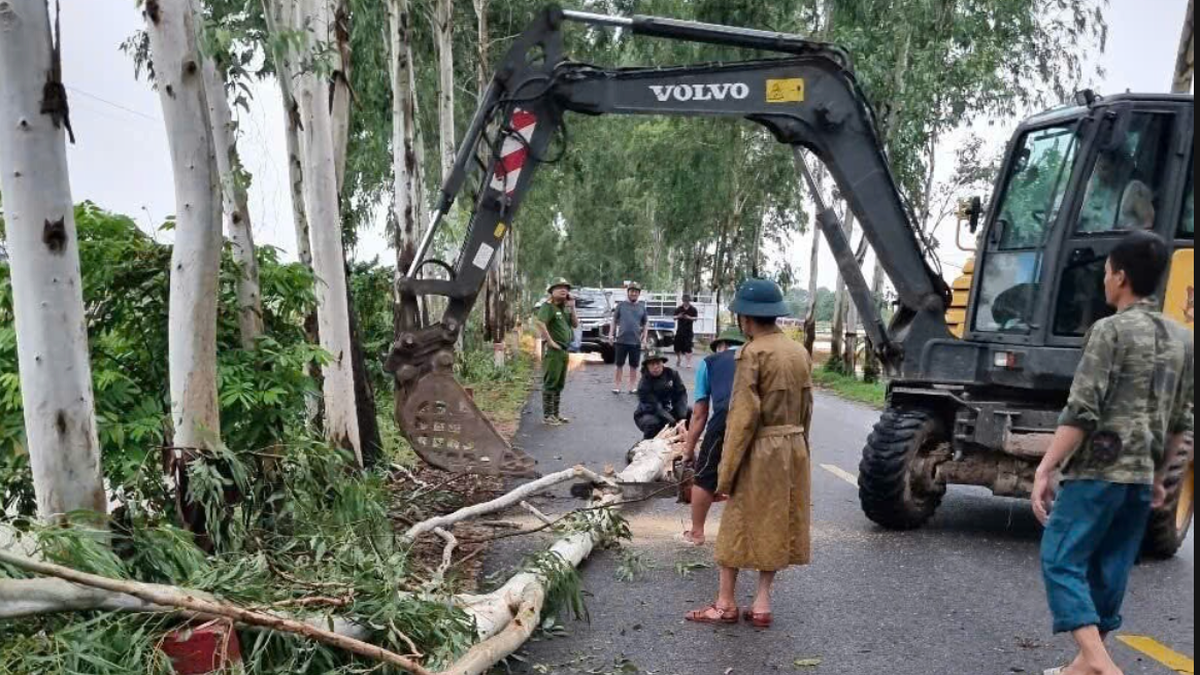
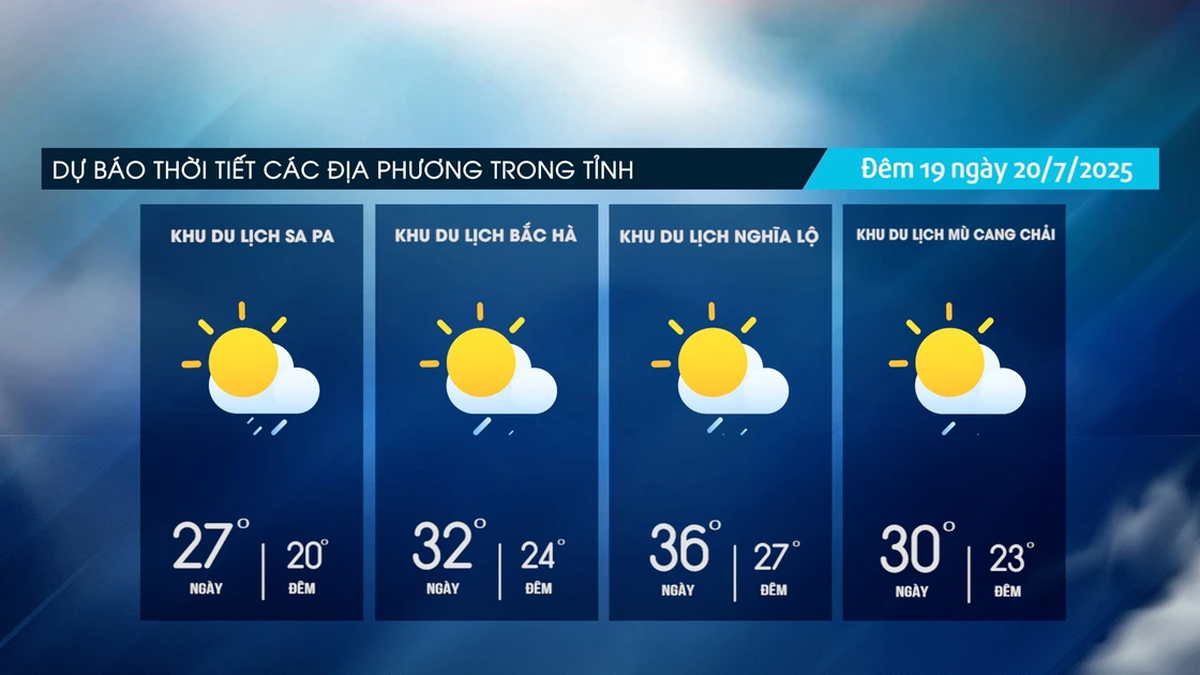



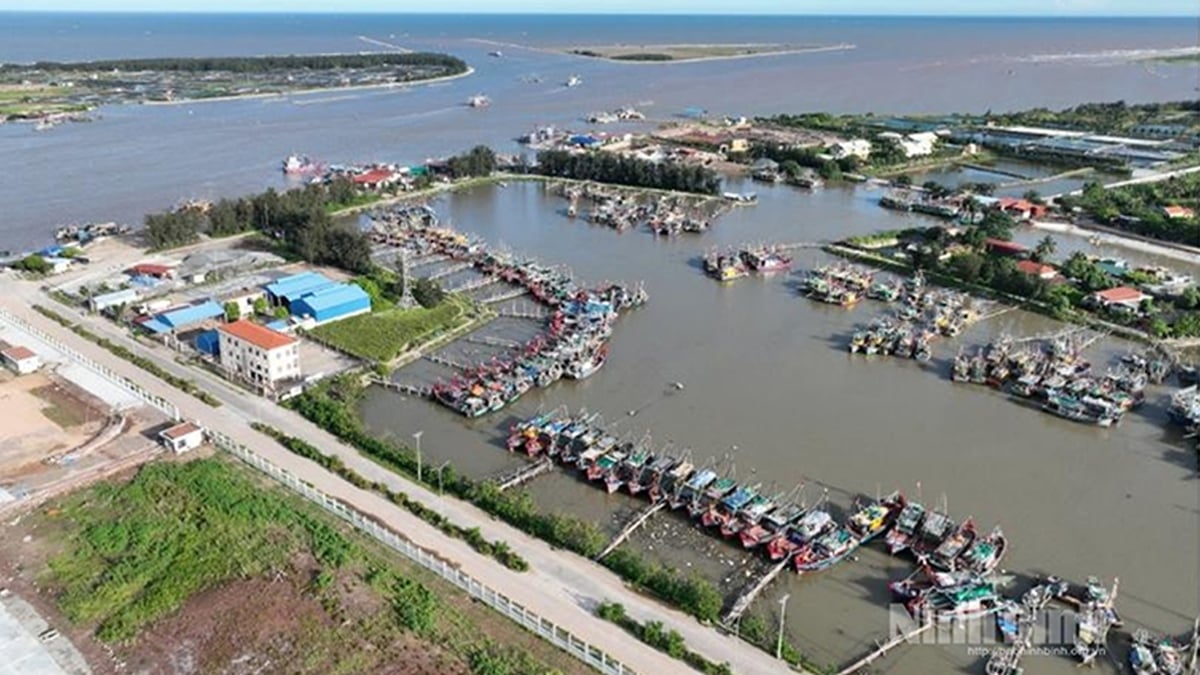























































































Comment (0)